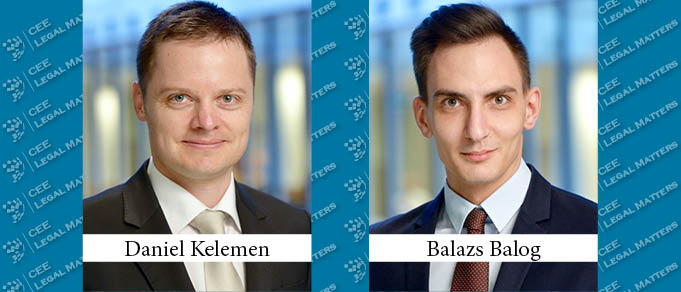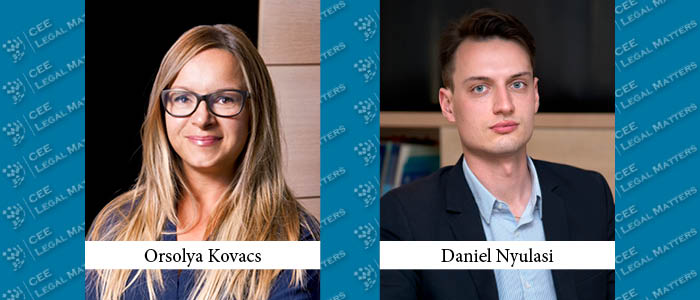Since the introduction of the institution of legal entities’ exemption from criminal liability in 2016, there has been discussion on the distribution of the burden of proof in proving the conditions for its application in criminal proceedings. Meanwhile, the prosecution’s view has been gradually changing.
Trends and Developments – Handling Disputes in Times of COVID Pandemic
As does every crisis, the COVID-19 pandemic has created an influx of high-profile litigation matters. A significant disparity has emerged during the crisis: Larger litigation departments – like our firm – are extremely busy, while some solo practitioners are suffering severely from the economic downturn.
Challenging of Judicial Review in Tax Disputes
Procedural rules that have entered into force in recent years have fundamentally changed litigation in Hungary. This is especially true for tax litigation.
The Implications of the COVID-19 Crisis for Litigation in Hungary
As the world continues to fight the challenges presented by COVID-19, some guidance on the effects on litigation of the COVID-19 crisis can be discerned from the past year. We know that some sectors have suffered more than others, and participants in industries most affected by COVID-19, like airlines, HORECA, tourism, entertainment, and the commercial real estate sector have already become involved in related legal disputes, such as contractual disputes concerning supply chain disruptions. The big question is whether the pandemic qualifies as a force majeure or a material adverse change that could allow the contracting parties to walk away.
Arbitration and Virtual Hearings: Contract Disputes in the COVID-19 Era
One of the most important issues facing businesses in CEE is the impact of the ongoing COVID-19 pandemic on litigation and arbitration. In-person court and arbitration hearings have become problematic, if not impossible, and the importance of certain boilerplate contract clauses has skyrocketed. Zsolt Okanyi, Global Head of Dispute Resolution at CMS, Malgorzata Surdek, Head of Dispute Resolution at CMS Poland, and Daniela Karollus Bruner, Head of Dispute Resolution at CMS Austria, evaluate the current situation.
Beyond Dispute
New Counsel Victoria Pernt on Schoenherr’s impressive Arbitration practice.
Critical Approaches to Mandatory Mediation in Turkey
Nowadays, alternative methods of dispute resolution, not involving the courts, are increasing. Since disputes are getting ever-more complicated, and general peace between parties is preferable, parties now prefer to solve disputes with more peaceful and flexible alternative dispute resolution methods instead of litigation – and judicial systems are encouraging parties to employ these methods. In this context, mediation has in recent years become the most preferred and fastest-growing alternative dispute resolution method.
































